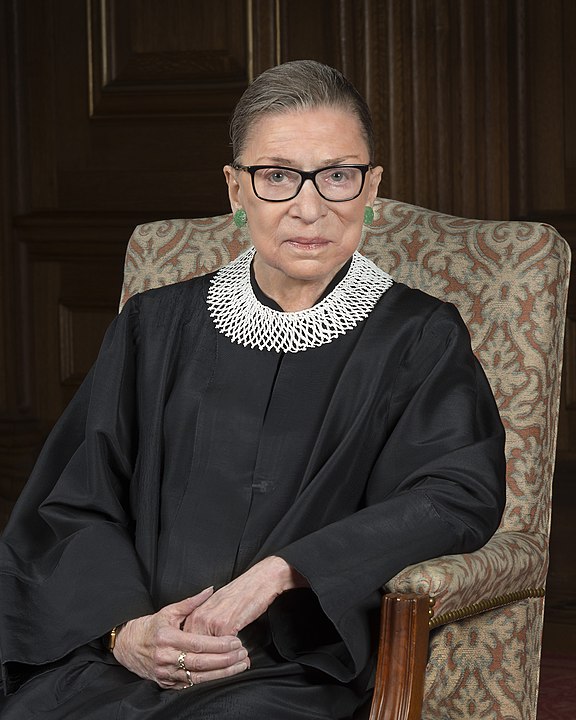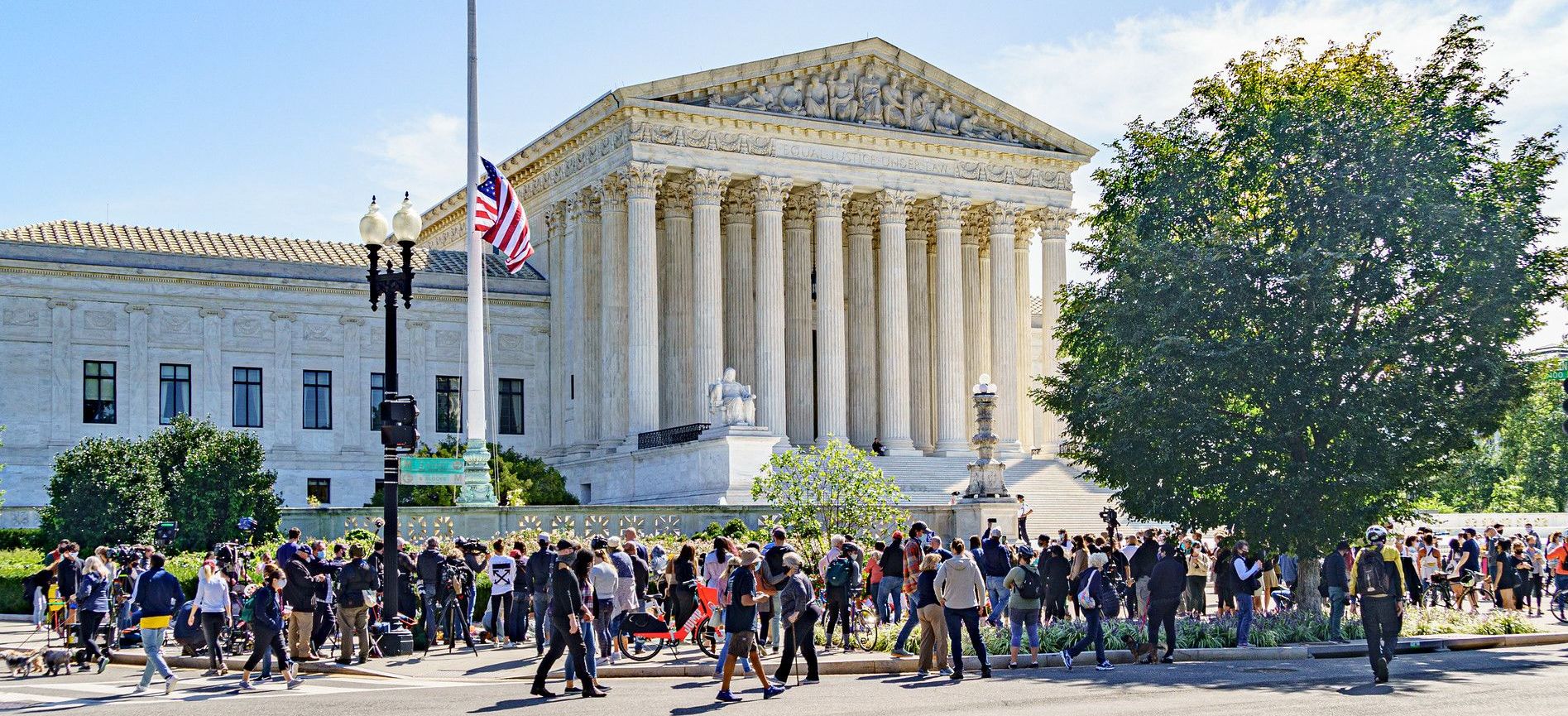Authors:
Historic Era: Era 10: Contemporary United States (1968 to the present)
Historic Theme:
Subject:
October 2020 | Volume 65, Issue 6


Authors:
Historic Era: Era 10: Contemporary United States (1968 to the present)
Historic Theme:
Subject:
October 2020 | Volume 65, Issue 6

Ruth Bader Ginsburg is why I went to law school. Well, that’s not fully accurate. As a formative adolescent in the late 1960s and early 1970s, I knew her work as a law professor volunteering for the ACLU and arguing before the Supreme Court. I knew what the ACLU was doing, I knew Thurgood Marshall and Bobby Kennedy, and I knew I wanted to be a lawyer.
Lawyers had the power to make things better. Equal justice under law, the phrase engraved above the front entrance of the United States Supreme Court, says it all.
Ginsburg embodied this phrase. Her rock-star popularity with young people also speaks volumes, particularly for an opera-loving octogenarian. The forcefulness of her personality and the power of her convictions made her the only Supreme Court justice in history with a huge grassroots following. If Justice Harry Blackmun became something of a celebrity in the 1970s for drafting the majority decision in Roe v. Wade, Justice Ginsburg became popular for nearly every utterance.
Think of the outpouring on social media after her death was announced. Young people who might have been hard pressed to define the 14th Amendment knew what she meant to the struggle for gender equality and social justice. And all of us – progressives, “originalists,” and everyone in between – can admire her for her civility.
Her life was testament to the belief that we can disagree without being disagreeable. In an era when “conservatives” and “liberals” can barely stand the sight of one another, her friendship with Justice Scalia stands out as a sterling example of the way things ought to be. In fact, the way things need to be if this great experiment in self rule is to survive.
The two of them shared a love for opera, for family and for the value of civilized and informed debate. Argue on the merits, not on the speaker. If listening to sopranos and baritones sing in Italian somehow brings disparate people together, maybe our leaders should be force-fed opera.

Using a law degree to write contracts or merge companies never seemed anywhere near as important as the capacity to make the world a better place. And that is precisely what Justice Ginsburg did, before and during her time on the Supreme Court, and, if she has her way, as I am sure she will, in the afterlife, too.
These are some of her most glorious statements: